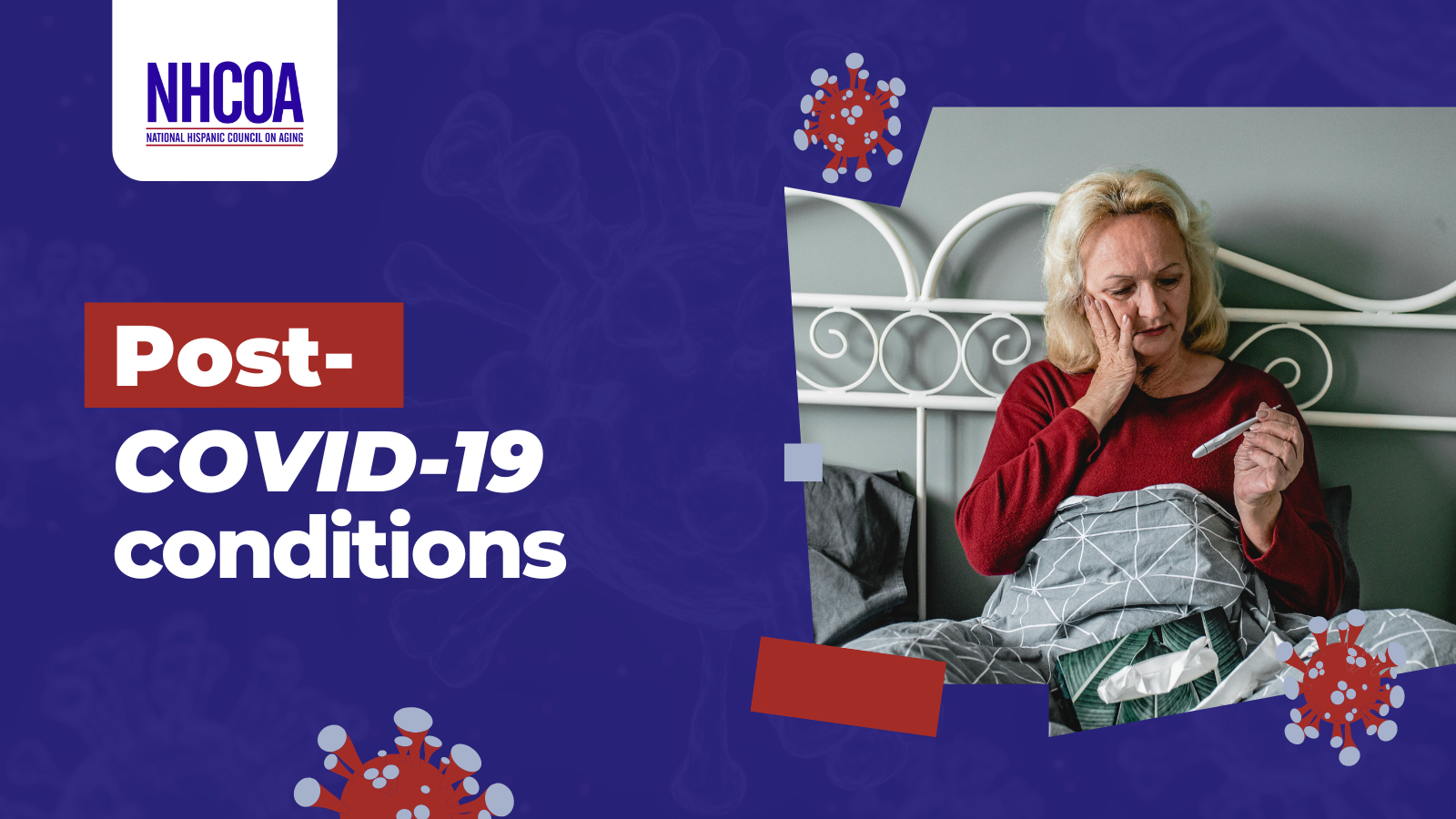
While it is true that COVID-19 no longer represents a public health concern, it is important to keep in mind that the virus is still with us. According to research by the CDC, some people who have been infected with the virus that causes COVID-19 may have long-term effects from the infection, known as long COVID-19 or post-COVID-19 conditions (PCC). Although all people who have been infected with the virus are at risk of having persistent COVID-19 conditions, it is more likely to develop in those patients who have become severely ill from the virus.
Post-COVID conditions are symptoms and conditions that persist or develop after an initial COVID-19 infection. This definition of post-COVID conditions was developed by the Department of Health and Human Services (HHS), along with CDC and other partners.
Post-COVID conditions are a variety of new health problems, relapses, or ongoing conditions that are experienced after becoming infected with the virus that causes COVID-19. In other words, they are symptoms that occur weeks, months, or even years after contracting COVID-19. They are characterized by symptoms of the disease that become more severe over time and remain with the patient despite medical treatment. Most people with COVID-19 improve within a few days or weeks, so post-COVID conditions appear at least four weeks after infection and can be detected only recently.
Since there is no test to determine if symptoms or conditions are a result of COVID-19, a healthcare provider should consider the previous history of infection to make a diagnosis of post-COVID conditions. Prior history of infection includes whether you were diagnosed with COVID-19 by a positive screening test or by symptoms or exposure, as well as a health examination.
Research in the United States that has been funded by the U.S. National Institutes of Health (NIH) and is part of the NIH’s ‘Researching Covid to Enhance Recovery’ project reveals 12 main symptoms of Post-COVID conditions:
- Post-exertional malaise
- Fatigue
- Brain fog
- Dizziness
- Gastrointestinal symptoms
- Heart palpitations
- Issues with sexual desire or capacity
- Loss of smell or taste
- Thirst
- Chronic cough
- Chest pain
- Abnormal movements
This project was conducted with 10,000 patients in the U.S. and was done to understand why some people develop long-term symptoms after COVID-19 infection and also to identify, treat and prevent long covid.
Although the experts point to these 12 main symptoms, people with post-COVID conditions may have health problems with different types and combinations of symptoms during different periods and may or may not be part of the list above. We urge you to talk to your doctor about your symptoms after you have COVID-19 to determine if you might have post-COVID conditions and the appropriate treatment to counteract the symptoms.
Studies suggest that people who get COVID-19 after vaccination have a lower tendency to develop persistent COVID-19 disease than people who are not vaccinated. Similarly, they suggest that people who are not vaccinated against COVID-19 and contract the virus are at higher risk of having post-COVID conditions than vaccinated people. Therefore, the best way to prevent them is to have a current vaccination schedule and booster doses.
References:
https://espanol.cdc.gov/coronavirus/2019-ncov/long-term-effects/index.html
https://www.elmundo.es/ciencia-y-salud/salud/2023/06/01/64787d3321efa01e168b45bf.html
https://www.elmundo.es/ciencia-y-salud/salud/2022/08/05/62ebe6ddfc6c8378758b45e8.html

Recent Comments